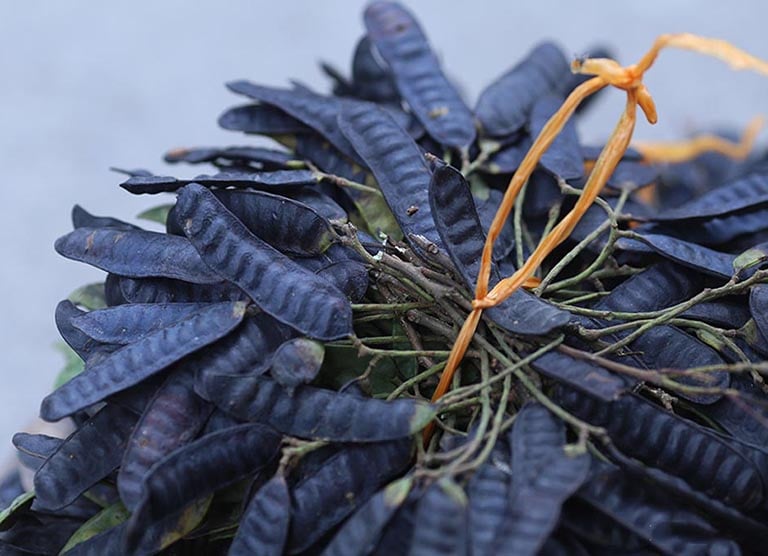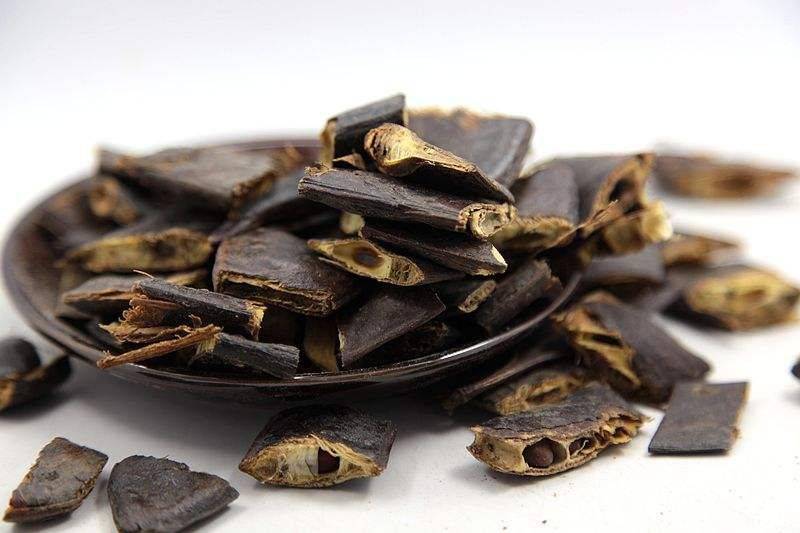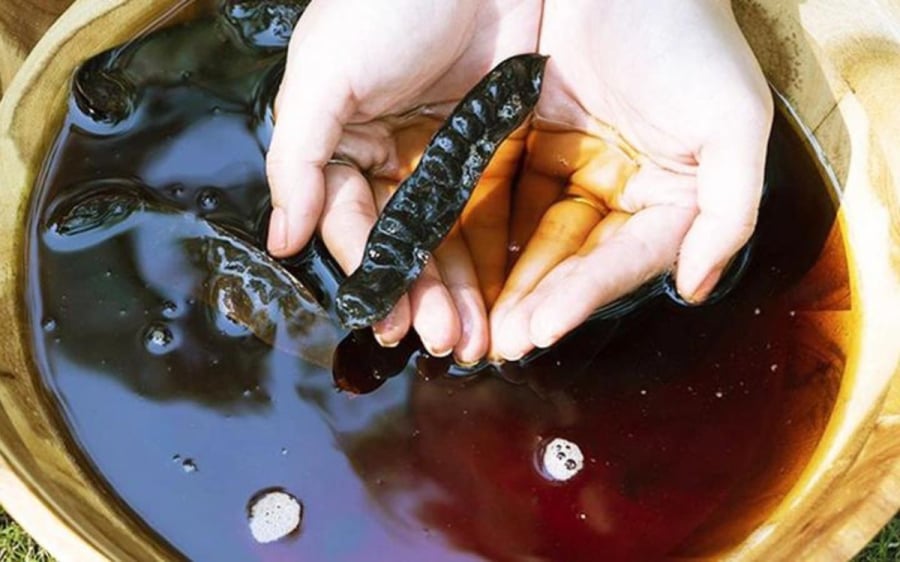The Power of Soapnuts: Unlocking the Benefits of a Wild Vietnamese Tree
Soapnuts, scientifically known as Sapindus Mukorossi, are the fruits of a tree that grows wildly in many northern provinces of Vietnam, such as Hai Phong, Quang Ninh, Ha Nam, Thanh Hoa, and Nghe An. In recent times, the tree has been cultivated and widely planted to meet domestic demands and for export purposes. Particularly on Cat Ba Island (Hai Phong), there are approximately 40,000 soapnut trees, producing an annual yield of up to 40 tons of fruits.
Dried soapnuts are sold at a very reasonable price in Vietnam, ranging from 150,000 to 170,000 VND per kilogram. However, in China, these nuts are considered a valuable medicinal herb, with prices soaring up to 600 Chinese yuan per kilogram (equivalent to approximately 2.1 million VND) at certain times. This price difference highlights the contrasting perceptions of soapnuts in the two countries, with the nuts being valued not just in Vietnamese daily life but also in the traditional medicine practices of various nations.

Why Are Soapnuts So Popular?
Soapnuts are not just a hair washing ingredient that promotes shiny and healthy hair, but they are also used for full-body health care. In China, people often boil soapnuts to bathe or soak their feet as a relaxation therapy and to treat skin problems.
The water extracted from soapnuts possesses strong cleansing properties due to the presence of natural compounds called saponins, which create a gentle foam that effectively removes dirt, sweat, and bacteria from the skin. Consequently, bathing or hair washing with soapnut water not only cleanses the scalp and body but also helps prevent skin inflammation, itching, and pimples caused by internal heat.
Additionally, soapnuts are believed to relieve pain and enhance blood circulation when used for foot soaks. The warm water infused with soapnuts relaxes tired feet after a long day, softens the skin, reduces foot odor, and effectively prevents foot fungus. This is a secret embraced by many Chinese people as an integral part of their at-home health care regimen.

Utilizing Soapnuts for Health and Wellness
To unlock the amazing benefits of this versatile fruit, individuals can easily prepare soapnut water at home without investing a significant amount of time or effort. Here are some simple tips that can be applied at home:
Soapnut Bathwater
Take 3-5 dried soapnuts and lightly roast them over a low flame to release their aromatic fragrance. Boil these nuts with 2-3 liters of water for 15-20 minutes. Allow the water to cool down slightly, and then use it for bathing or wiping down your body. Soapnut water will help cleanse your skin, eliminate sweat and excess oil, and alleviate skin issues such as prickly heat and itching.
Relaxing Foot Soak with Warm Soapnut Water
Prepare soapnut water using the method mentioned above, allowing the water to cool to a comfortable warm temperature. Soak your feet in this water for 15-20 minutes. This can be done in the evening before bedtime to relax and improve blood circulation, promoting a good night’s sleep.
Hair Care with Soapnut Water
This is the most common method of using soapnuts. You can combine soapnuts with pomelo peels, Vietnamese balm, lemongrass, and other herbs to create a hair washing solution that strengthens hair, reduces breakage and hair fall, and prevents dandruff.

Precautions When Using Soapnuts for Health Care
Although soapnuts are natural and safe, it is advisable to perform a patch test with a small amount of the product to ensure that your skin does not exhibit any irritation, especially if you have sensitive skin. Additionally, it is important to boil the soapnuts thoroughly and strain the water to avoid any residue getting stuck in your hair or on your skin.
Moreover, do not ingest soapnut water or allow it to come into contact with your eyes, as it may cause irritation and damage to the mucous membranes. For pregnant women, it is recommended to consult a doctor before using soapnuts, as certain traditional medicine literature suggests that the strong aroma of roasted soapnuts may not be suitable during pregnancy.
Sustainable Value Derived from a Wild Tree
Evidently, the wild soapnut tree has become a valuable source of ingredients, not only domestically but also in foreign markets. The cultivation, propagation, and development of soapnut trees contribute to the preservation of traditional medicinal resources while presenting economic growth opportunities for farmers in various regions.
If given the chance, individuals are encouraged to explore the wonderful benefits that this familiar fruit has to offer. By utilizing soapnuts, one can easily and safely incorporate natural health care practices into their daily lives.
































